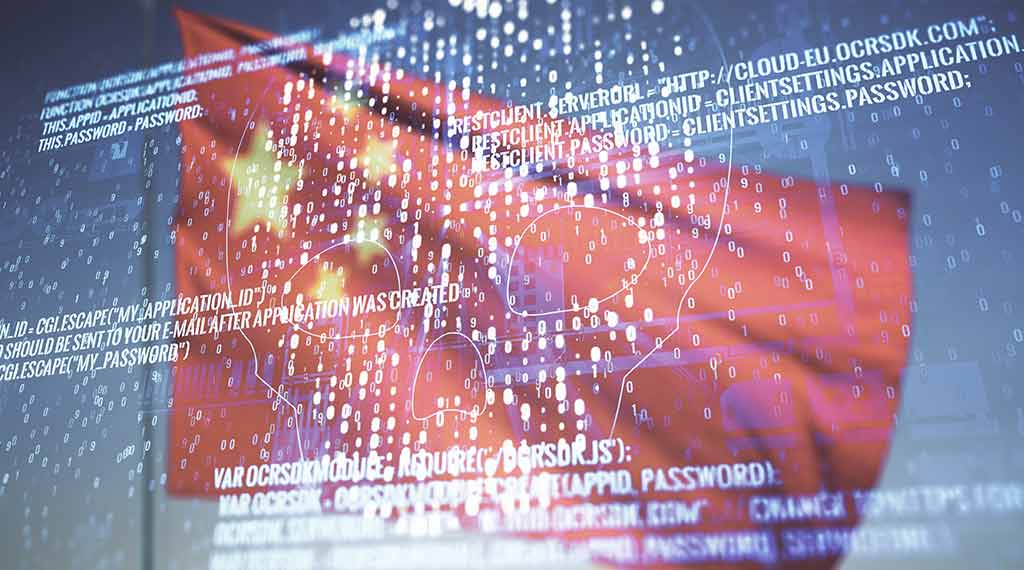We need a new 9/11 Commission to probe the rising China threat

The United States depends upon its intelligence community to define the capabilities and intentions of its enemies. The U.S. spends more than any other nation to provide decision-makers with vital information and has developed an intelligence-gathering apparatus with unrivaled abilities, skills, and talents. When major intelligence failures occur, such as Pearl Harbor, the demise of the Soviet Union and the end of the Cold War, before 9/11, and regarding Iraqi weapons of mass destruction before the 2003 invasion, they always have mighty consequences for U.S. national security interests. More importantly, those events compel an explanation of how such colossal failures could occur and what lessons should be learned to prevent them from happening again.
As significant as the aforementioned failures were, however, they pale in comparison to the United States’ greatest intelligence failure. That is the rise of China. For a generation, the intelligence community has failed national security decision-makers when it comes to the growth of China’s capabilities and intentions. They missed it year after year. Yet, no one has asked why and how this could occur.
This failure happened in plain sight. China has grown from about 1.6 percent of the world’s gross domestic product in 1990 to roughly 19 percent today. Every year, its economy grew without warning from the intelligence community of what the consequences would be. China’s economic power has made it a military powerhouse. China’s nuclear capabilities have grown from a modest force to one that will exceed that of the United States by 2030, if not sooner.
China already possesses more tactical nuclear weapons and theater forces than does the United States. Its conventional capabilities challenge, if not dominate, the U.S. military today in the Indo-Pacific, at sea, in the air, in the cyber domain, and in space. China uses this power to coerce Taiwan and Vietnam, as well as U.S. allies, including Australia, Japan, and the Philippines. Beijing’s diplomacy influences nations on every continent, from the Arctic to the Antarctic. Its economic influence is ubiquitous and is prevalent in the United States, where Silicon Valley keeps close ties to Chinese entities and where Wall Street continues to permit Chinese firms to raise capital in U.S. markets. U.S. firms, such as Apple and General Motors, continue to invest in China. China’s capabilities now match its Olympian ambitions.
Congress and the American people deserve an explanation of how the U.S. intelligence community could permit the rise of a peer competitor without alerting decision-makers and the American people and framing options for a response. Warnings and options to address the China threat should have been provided consistently for decades. And if certain elements of the intelligence community in fact were doing their job, but their warnings and analyses were ignored, we need to understand why senior officials in Washington chose not to act upon these indications and warnings.
Compelling the intelligence community to explain this failure should be a priority for the Congressional-Exective Commission on China and the Senate and House intelligence committees. But as useful as those committees may be, a new commission modeled after the 9/11 Commission would be better to address the causes of this failure and to evaluate solutions.
The bipartisan 9/11 Commission was established to understand how that intelligence failure occurred and how the United States could prevent another horrific attack by recommending widespread reforms in the intelligence agencies. Likewise, Congress should examine the failure of the intelligence community and of administrations to identify the China threat.
The most important step now is to understand how it could have happened; which assumptions were made about the strategic objectives and motivations of the Chinese Communist Party (CCP); what multiple failures occurred; why those failures could not be corrected internally by the intelligence community; what assumptions and biases existed that colored the intelligence community’s reporting on China; who understood the threat but was ignored or punished for accurate assessments of the threat.
Only a major bipartisan commission can accomplish this as it would have sufficient purview and weight to investigate and comprehend, and to aid the intelligence community as it recovers from this massive failure to provide accurate intelligence regarding the China threat.
Equally, the intelligence community may be only part of this failure. If the intelligence community was conveying accurate intelligence to policymakers and it was ignored, we need to know why. Explaining each of these bipartisan failures should be a priority of Congress and the Biden Administration.
The greatest intelligence failure in our country’s history happened in the open. It was clear to all who wished to pay attention and was so year after year. We suspect that this happened because the intelligence community failed to understand the malign intentions of the CCP and made gross errors based upon benign assumptions of the CCP’s strategic goals and objectives.
The United States and the world are now dealing with the consequences of China’s rise, from the death of Americans from Chinese-sourced fentanyl, off-shoring of American manufacturing jobs, coercion against Taiwan and the South China Sea, exploitation of people and the environment due to its mercenary business practices, and rampant intellectual property theft, to sustained deception about the origins of the COVID-19 pandemic. The intelligence community’s errors had gargantuan adverse consequences for U.S. national security.
In the aftermath of the attack on Pearl Harbor and 9/11, the death of thousands of Americans cried out for justice. Today, the American government and people deserve an explanation of how this massive underestimation of China’s capabilities happened, who failed, why they did so, and how it can be urgently corrected.
Editors’ note: A shorter version of this article was published in The Messenger.
- Victory over the PRC: Why engagement makes war with Beijing more likely - April 24, 2024
- The US must end engagement (and Biden’s neo-Engagement) with the PRC now - April 10, 2024
- How to address the CCP threat: Engagement, defeatism, or victory - April 3, 2024
